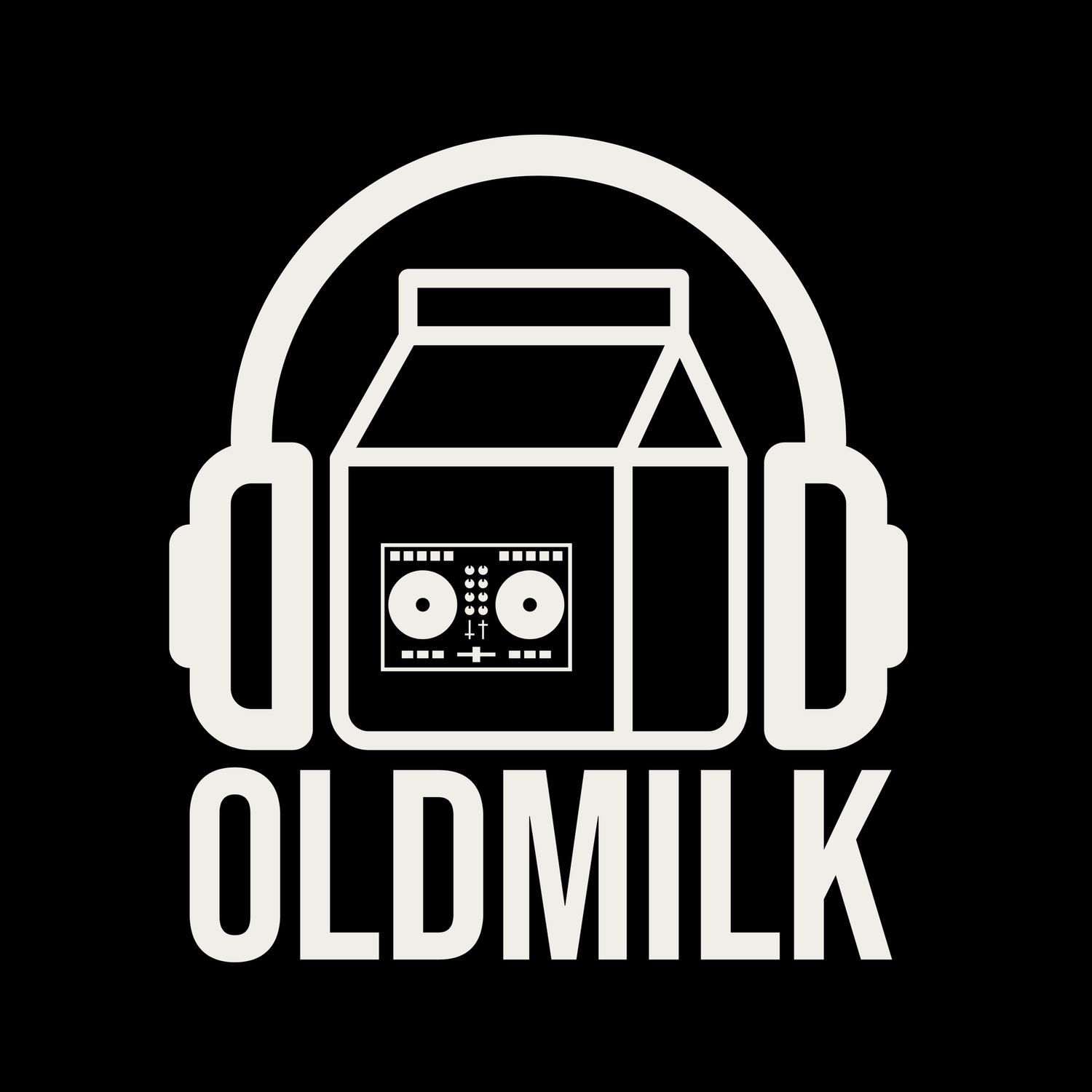The Future of Rage Culture
Only weeks after the tragedy at Travis Scott’s Astroworld festival, the worst-case scenario for the Travis Scott camp has come true. With the death toll reaching ten and the lawsuits over a billion dollars, Travis Scott will undoubtedly be dealing with legal battles for the next few years.
With Travis being one of the most promoted and recognizable artists in Hip-Hop, companies like McDonald’s, Fortnite, and Nike have the hard decision of what to do with their Travis Scott related media and merchandise. Travis has canceled all of his performances so far this November and his recent music has been taken off the front page of music streaming services. It’s clear that any plan to release an album in 2021 is off the table and Travis will likely look to push back any music or merch releases for the foreseeable future. The events at Astroworld have not only shifted the public’s perception of Travis Scott but it's also changed the perception of the rage culture and its uncaring attitude towards everything outside of raw energy. With Travis and rage culture being so synonymous, the future for both is unclear.
Rage culture on a Hip-Hop front is fairly new, but it’s become one of the greatest attractions the community has to offer with Travis Scott being the face of that. While concerts with screaming, mindless fans are nothing new, rage culture takes this environment and encourages absolute chaos. But it may need to change. That requires the face of that culture to take accountability and make conscious changes. Now that lives have been lost because of it, the music community as a whole has begun to shift their attitude on rage culture and it might never change back. Everyone involved, the promoters, venues, and artists will need to consider changing the way they go about conducting live performances.
But how will this recalibration affect artists like Travis Scott, Playboi Carti, and Lil Uzi Vert, whose music is intertwined with the rage culture they helped cultivate. These artists who appeal to young demographics set the foundation for the habits within modern rage culture. In the way that an artist like Bruno Mars makes projects that will be great for performances, tailored to captivate live crowds, Travis Scott looks to give that same experience to his audience, and he’s one of the best in the industry at doing so. It would be ridiculous to now ask him to change everything about his sound and the brand behind his success.
Some artists like Uzi have already made it clear, they will conduct their performances the way they see fit, and if that means raging the whole set, so be it. But if the Astroworld tragedy has shown us anything, its big companies are not fully comfortable promoting such unfiltered chaos on their platform. Venues will have to start making some difficult decisions about who they bring in, taking into account liabilities. This is no different from certain artists being denied at certain venues when there’s a risk of violence due to an artist’s history or reputation in certain areas.
With Travis Scott being made the face of this tragedy, many are missing that these events are promoted and backed by large companies. Coachella, Governors Ball, Rolling Loud, and other festivals survive on their partnerships. Liquor companies, streaming services, tech companies, and more are crucial to how much these events can offer. So when fans have bad experiences, it may seem like it only hurts the artist or the festival, but it can hit way deeper. So if festivals are beginning to rethink how to handle the more chaotic performers, many of these big media and tech companies will also be reconsidering their alignment with festivals, also shifting who and what these festivals can bring to the table to put on a good show.
The deeper philosophical question comes to light when the music world begins to consider censoring a whole sub-genre and its community. Hip-Hop has faced criticism and challenges at every step along the way, and how the community as a whole responds to this tragedy is key in the future of music and protecting artistic freedom, while emphasizing safety.
Over the past few weeks, fans have been flooding social media with videos of artists stopping their shows to address someone in distress or allow their fans to catch a breather. While some artists already implement these practices into their performances, a performer's job is to put on a good show, and that shouldn’t necessarily have to include water breaks. Travis Scott’s whole career will be changed by this tragedy, but I hope that after things calm down a little bit, Travis can be a leader in making shows safe while still allowing his fans to rage. It would be terrible to see a star as bright as Travi’s dimmed by something that no artist would have had control over.
Corporate media is starting to turn on Travis Scott, and it makes me wonder how his career can recover from such a unique issue. I don’t think Travis Scott could’ve done anything to save himself from the lawsuits, but either way, there is a rising feeling that he may be crucified as the face of rage culture. Realistically rage can’t be canceled, its importance on the world of music, and the future of Hip-Hop specifically is massive, but if compromises can’t be met, venues may stop housing these performers, and would effectively end rage culture as we know it.




